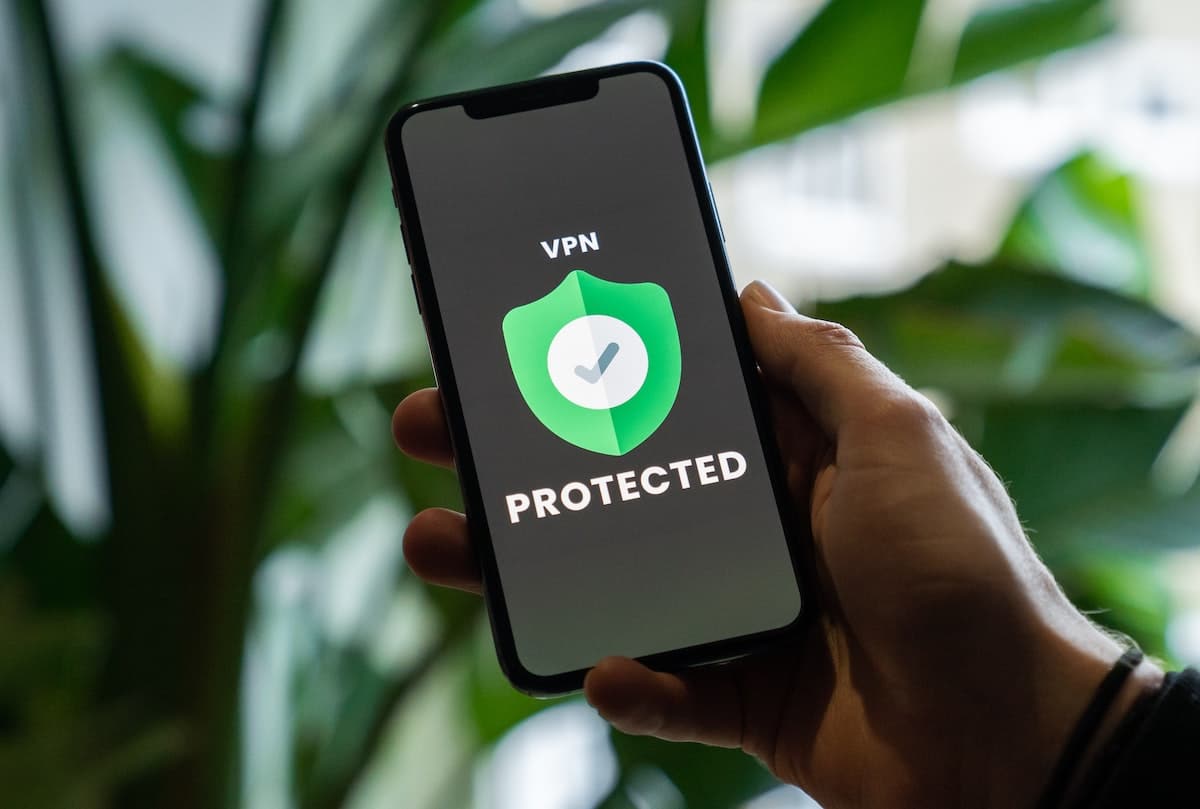The speed of changing technology in our world has allowed us to share information at an incredible rate. This has been accompanied by amazing achievements, along with a fair share of difficult situations. We have created some modern solutions for helping us track people as they move across the oceans and borders. Many travel companies use ID scanning software to help accurately detect people’s identities to ensure the safety of the people that are passing through the facilities. One of the best things you can do is take charge of your own personal safety and privacy by looking into how to best secure your information while you travel.
One of the best tips on how to protect your personal information is to back it up before you travel abroad. This will ensure you don’t lose the data you need or any precious memories or photos. It also protects people from finding personal information about you that they can use. Your personal information falling into the wrong hands in certain countries can have devastating effects. In most cases, the biggest hassle is becoming a victim of fraud from having your information copy or exposed through various technological tools and people taking advantage of the systems put in place.
Enable your PINs
While you’re abroad, you may need to check back in with your phone company or bank to transfer funds. Many of them have systems in place to have a PIN to verify your identity or make any changes. Be sure to conceal your phone PIN or passcode from view or people or potential cameras. If you’re on the phone and relaying information like a PIN over the phone consider your surroundings. It doesn’t take long for a stranger to piece together a couple of pieces of information from you to use for their benefit.
Turn off Bluetooth and Wi-Fi
This is one of the simplest ways to help keep your personal information safe during vacation. At some point when you’re travelling you will probably need to use your Bluetooth or Wi-Fi services to help with directions, bookings and several other reasons that may come up unexpectedly. It’s inevitable that you will need it, so there are a few ways you can still protect yourself from being vulnerable, the main one being to install a VPN on your phone.
Get a VPN
When you’re travelling in airports, public spaces, hotels and many other parts of the world, you’re in the perfect busy place for someone to gather information from unsuspecting people. They are the perfect spots for people to obtain important information from you, but one layer of protection from this is by installing a VPN on your phone. A VPN service, known as a virtual private network, masks your phone’s identity and allows you to use public Wi-Fi or different networks without being tracked. It provides a safe and secure internet connection by using a private server that resides in a remote location. The idea is that your data is encrypted as it moves between the VPN server and your phone or device. Many companies use this as a safe way to access data while working remotely.
Get an RFID Case
RFID is an acronym that stands for “radio-frequency identification” and refers to the technology that allows digital data to be captured to share information by a reader through radio waves. The data is encoded onto tags or smart labels and can be read without having to be in line of sight of the scanner or reader. For your own personal privacy and protection, you should consider an RFID case to protect you from the people who are trying to steal your information. From digital theft to identity theft there are several crimes that could happen to you if your information is in the wrong hands. Having it in a case that protects it from being able to transmit out data easily protects you from some of these real world threats.
Having one of these won’t protect you from various scanning software products that airports and other industries use to verify people’s identities. It’s important for the safety of everyone to have our identification verified as we move about the world.
As you travel, remember some of these easy and simple ways to keep your privacy, security and personal data safe from nefarious uses. While it may seem annoying up front to do some of these it will sure beat the hassle later of having to deal with the repercussions of a potential breach of your personal data and information.

